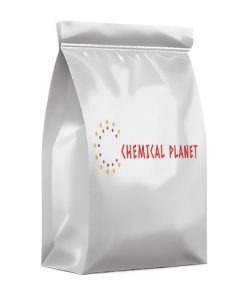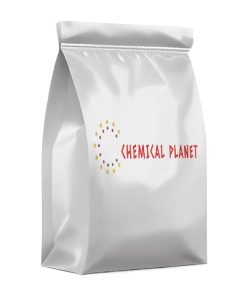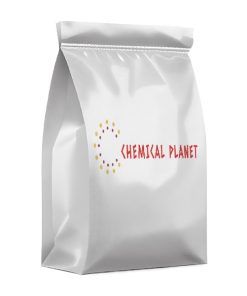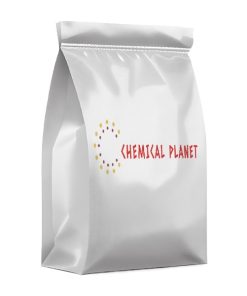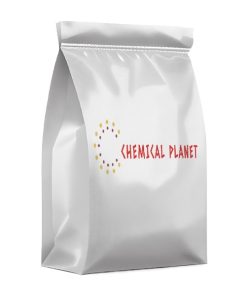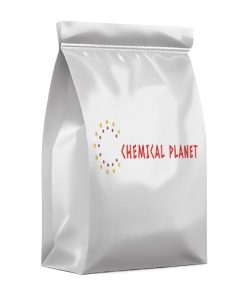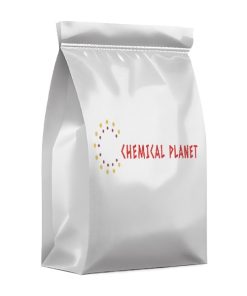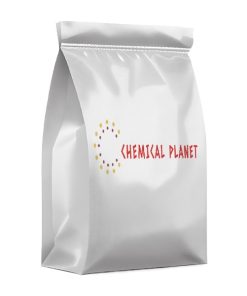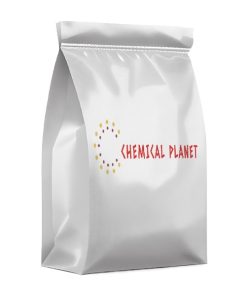Buy Phenylethylamine
Buy Phenylethylamine (PEA) is an organic compound, natural monoamine alkaloid, and trace amine. It acts as a central nervous system stimulant in humans. If you’re planning research, check out the Phenethylamine chemicals available in our stock below.
Phenylethylamine (PEA) is a naturally occurring compound that belongs to a class of chemicals known as alkaloids. It is derived from the amino acid phenylalanine, which is found in various food sources like chocolate, nuts, and cheese. PEA is also produced in small amounts in the human brain.
PEA is known for its psychoactive properties and is often referred to as the “love drug” or “molecule of love” due to its association with feelings of attraction, pleasure, and euphoria. It is believed to play a role in regulating mood, emotions, and cognition.
Buy Phenylethylamine Hydrochloride
In addition to its effects on mood, PEA has been implicated in various physiological functions. It is involved in the release of certain neurotransmitters in the brain, including dopamine and norepinephrine, which are associated with motivation, reward, and attention.
PEA has gained attention as a dietary supplement and is marketed for its potential cognitive and mood-enhancing effects. It is commonly available in the form of capsules or powders. However, it’s important to note that the evidence supporting the effectiveness of PEA supplements is limited, and more research is needed to fully understand its mechanisms of action and potential benefits.
It’s worth mentioning that PEA is rapidly metabolized by the enzyme monoamine oxidase-B (MAO-B) in the body, which limits its bioavailability when taken orally. For this reason, PEA is often combined with MAO-B inhibitors to prolong its effects. However, combining PEA with MAO inhibitors can have potentially serious health risks, so it’s important to consult with a healthcare professional before using any PEA-containing supplements.
Key Features Of Phenylethylamine For Sale (PEA):
- Neurotransmitter: PEA acts as a neurotransmitter in the brain, meaning it is involved in transmitting signals between nerve cells. It is believed to modulate the release and activity of other neurotransmitters, particularly dopamine and norepinephrine, which are associated with mood, motivation, and attention.
- Mood and Emotion: PEA is often associated with positive mood states and emotions. It is known for its potential to induce feelings of pleasure, euphoria, and well-being. PEA is sometimes referred to as the “love drug” due to its association with attraction and romantic feelings.
- Cognitive Effects: PEA has been suggested to have cognitive-enhancing properties, such as improving focus, attention, and mental clarity. However, the evidence supporting these claims is limited and more research is needed to understand its effects on cognition.
- Natural Occurrence: PEA is found naturally in various food sources, including chocolate, nuts, and cheese. It is also produced in small amounts in the human brain. The levels of PEA in food are relatively low, and its effects on mood and cognition when consumed through diet are not well understood.
- Supplement Use: PEA is available as a dietary supplement in the form of capsules or powders. These supplements are marketed for their potential mood-enhancing and cognitive benefits. However, it’s important to note that the evidence supporting the effectiveness of PEA supplements is limited, and safety concerns exist when combining PEA with certain medications or MAO inhibitors.
- Metabolism: PEA is rapidly metabolized by the enzyme monoamine oxidase-B (MAO-B) in the body. This limits its bioavailability and duration of action. To prolong the effects of PEA, it is often combined with MAO-B inhibitors. However, combining PEA with MAO inhibitors can have potentially serious health risks and should only be done under the guidance of a healthcare professional.
Usage & Safety Phenylethylamine HCL Legally
Buy Phenylethylamine (PEA) is available as a dietary supplement and is marketed for its potential mood-enhancing and cognitive effects. However, it’s important to consider the following factors regarding its usage and safety:
Usage:
- Dosage: There is no established recommended dosage for PEA as a dietary supplement. However, typical dosages range from 100-500 mg per day. It’s advisable to start with the lowest effective dose and gradually increase if needed, under the guidance of a healthcare professional.
- Combination with MAO Inhibitors: PEA is rapidly metabolized by the enzyme monoamine oxidase-B (MAO-B) in the body. Combining PEA with MAO inhibitors, such as certain antidepressant medications or herbal supplements like St. John’s wort, can lead to a buildup of certain neurotransmitters and potentially result in a hypertensive crisis. Therefore, it’s crucial to avoid combining PEA with MAO inhibitors without medical supervision.
- Duration of Use: Long-term usage of PEA supplements has not been extensively studied. It’s advisable to use PEA intermittently and not rely on it as a long-term solution for mood or cognitive enhancement.
Safety:
- Individual Sensitivity: People may respond differently to PEA, and individual sensitivities can vary. Some individuals may experience side effects or adverse reactions, while others may not.
- Potential Side Effects: Common side effects associated with PEA supplementation include mild increases in heart rate and blood pressure, restlessness, insomnia, and headaches. These side effects are usually temporary and subside as the body adjusts to the supplement. If you experience severe or persistent side effects, discontinue use and consult a healthcare professional.
- Pre-existing Conditions: If you have any pre-existing medical conditions, such as cardiovascular disease, high blood pressure, or psychiatric disorders, it’s essential to consult with a healthcare professional before using PEA supplements to ensure it is safe for you.
- Drug Interactions: PEA may interact with certain medications, such as antidepressants, stimulants, or medications that affect blood pressure. Consult with a healthcare professional if you are taking any medications to ensure there are no potential interactions.
- Pregnancy and Breastfeeding: The safety of PEA supplements during pregnancy and breastfeeding has not been established. It’s best to avoid using PEA during these periods unless specifically recommended by a healthcare professional.
Phenylethylamine
Phenylethylamine
Phenylethylamine
Phenylethylamine
Phenylethylamine
Phenylethylamine
Phenylethylamine
Phenylethylamine
Phenylethylamine

